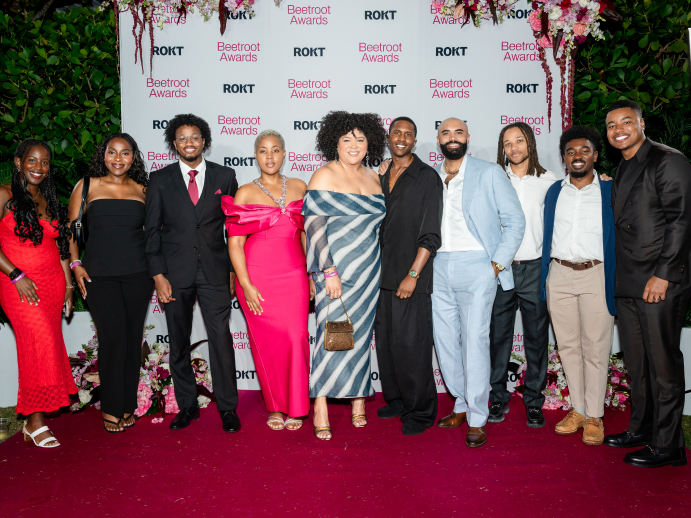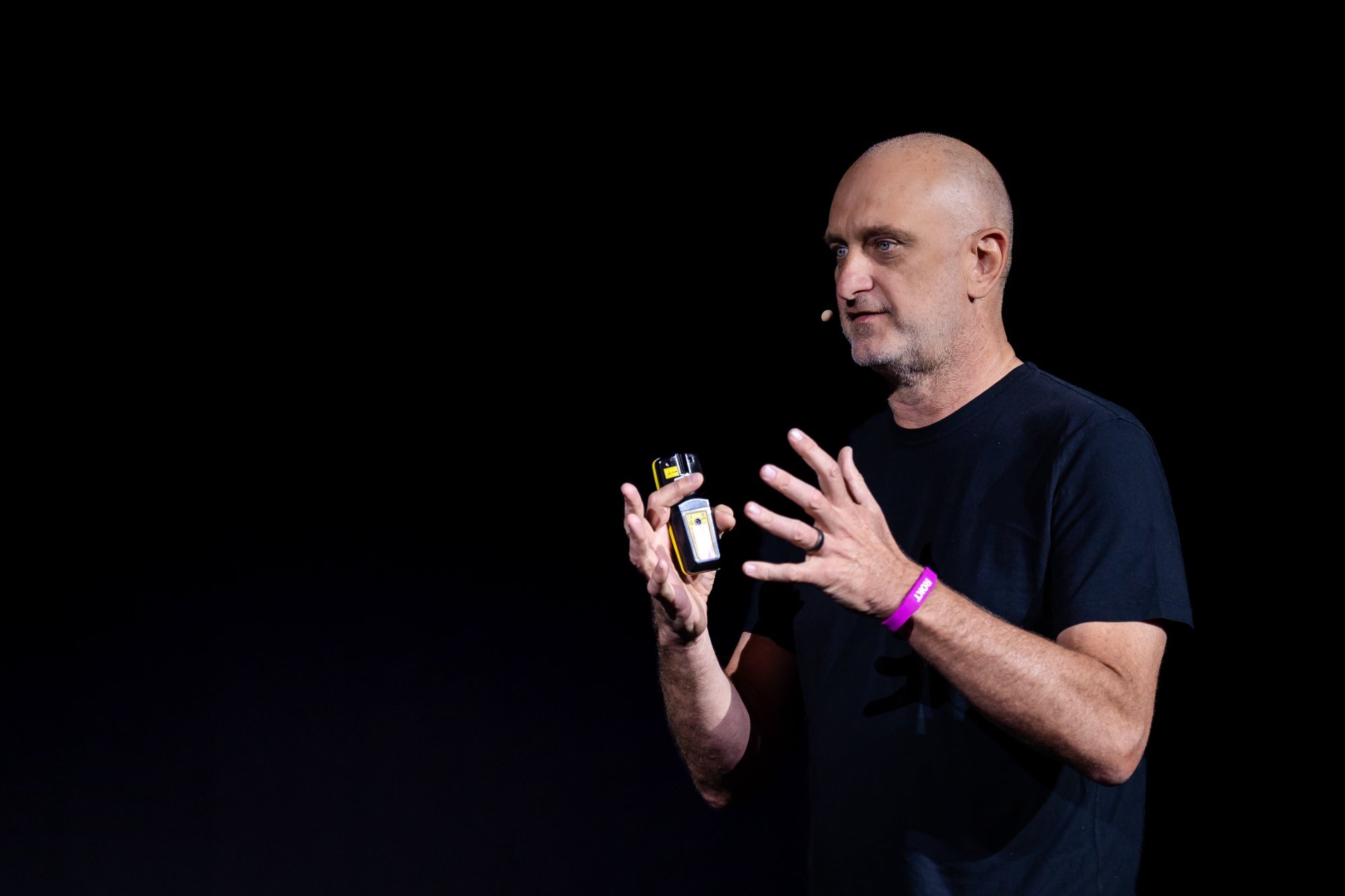As ecommerce evolves, two terms are increasingly shaping digital advertising strategies: commerce media and retail media. While they are closely related, they are not the same. Understanding their differences is key for retailers and brands looking to maximize revenue and engage customers at high-intent moments.
What Is Retail Media?
Retail media refers to advertising within a retailer’s owned channels. This typically includes:
- Sponsored product listings on a retailer’s website or app
- Display banners and onsite promotions
- Retailer-driven email or loyalty app placements
Retail media leverages the retailer’s first-party data to target shoppers while they are browsing or searching for products. It is a fast-growing category as retailers monetize their digital properties. For more details on checkout-focused monetization, explore Rokt’s guide to the post-purchase process.
What Is Commerce Media?
Commerce media expands the concept of retail media to include the entire ecommerce journey, not just the browsing stage. It covers:
- Checkout and post-transaction placements
- Confirmation pages, email receipts, and loyalty notifications
- Partnerships across a retailer’s broader digital ecosystem
Commerce media transforms underutilized digital real estate into customized, revenue-generating opportunities. Rokt provides examples in its piece on post-purchase marketing.
Commerce Media vs. Retail Media: Key Differences
Why the Distinction Matters
While retail media is a strong tool for onsite monetization, commerce media goes further by creating opportunities at the most valuable digital touchpoints: when a customer has already committed to purchase.
This distinction helps retailers diversify revenue streams and allows brands to reach customers when engagement and conversion likelihood are highest. According to eMarketer’s retail and commerce media forecast, commerce media is projected to outpace retail media in growth, reflecting the value of these post-transaction opportunities.
Commerce media and retail media are closely linked but serve distinct purposes:
- Retail media focuses on advertising during browsing and product discovery.
- Commerce media extends beyond, tapping into checkout and post-transaction monetization.
To see how leading retailers are combining retail and commerce media strategies, explore Rokt’s customer success stories.
Frequently Asked Questions About Commerce Media vs. Retail Media
Q1: Is commerce media the same as retail media?
No. Retail media focuses on advertising within a retailer’s site or app, such as sponsored listings and on-site banners. Commerce media extends beyond browsing to include checkout, confirmation pages, and other post-transaction opportunities.
Q2: Why is commerce media more valuable than retail media?
Commerce media leverages the checkout moment: when customers are most engaged and ready to buy. This drives higher conversion rates and unlocks incremental revenue that retail media alone cannot achieve.
Q3: Can retailers use both retail media and commerce media?
Yes. The most successful retailers integrate both. Retail media monetizes browsing and product discovery, while commerce media adds new revenue streams at checkout and beyond.
Q4: How do commerce media and retail media use data differently?
Retail media primarily uses first-party browsing and purchase data for targeting. Commerce media builds on this by adding real-time intent signals at checkout to deliver hyper-personalized offers.









